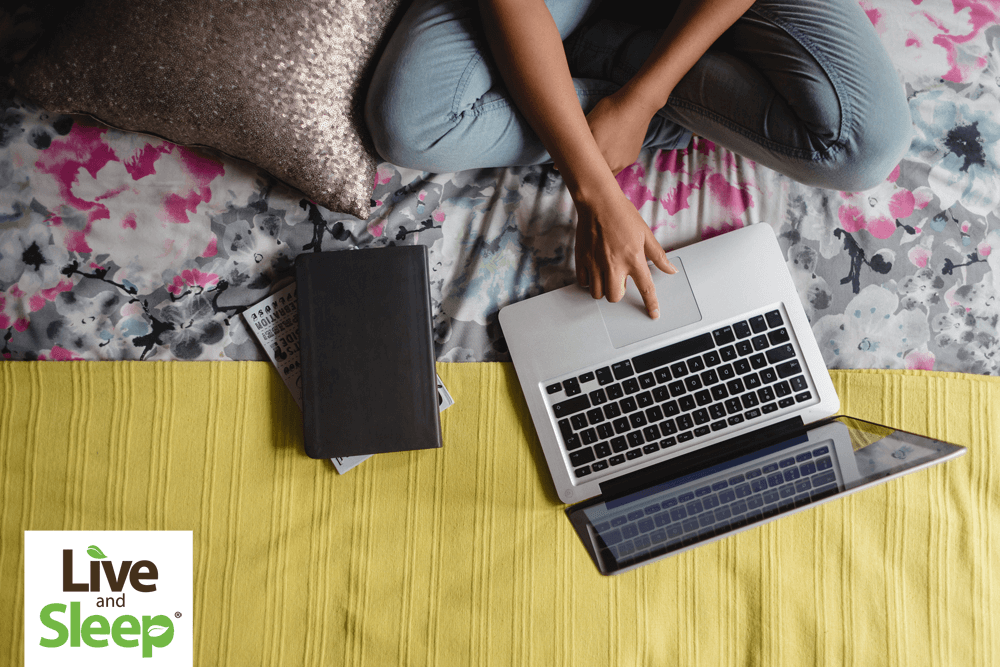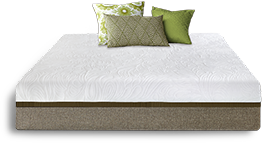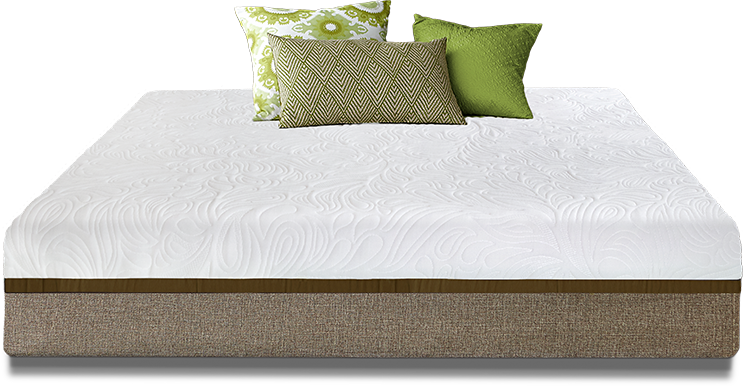Does screen time affect your sleep?

Hey we all do it, check our phones and devices before bed, probably while we are laying in bed too. It may just be a quick peak but did you know that it can keep you from falling asleep and sleeping well, due to cognitive stimulation and sleep deprivation? You would be surprised how that screen time can disrupt your sleep. The brain’s electrical activity increases, neurons race and keep you from calming down into a peaceful state of mind for sleep.
The physical act of responding to a video, email or text increases the tension in your body which end up causing stress. The body produces the stress hormone cortisol. It is released by the adrenal gland aversive to sleep. Your brain naturally creates the hormone, melatonin, which regulates the sleep-wake cycle. The light from video screens at bedtime affect the melatonin production tricking the body into thinking you aren’t ready for sleep. The screen emits light that tells to the brain that it is still daytime which can lead to insomnia and sleep deprivation. Holding a device such as a smartphone close to one’s face increases this effect giving the brain the wrong signal as if it’s not time to go to sleep. The best thing you can do is to stop watching TV or using smartphones and other screen devices an hour or two before bedtime to allow your brain to rest and to think it is time for sleep.
Harvard Medical School scientists concluded that specific wavelengths of light lessens the sleep-inducing hormone melatonin in the brain. The National Sleep Foundation in Arlington, VA asked 1500 randomly selected adults in the U.S., Canada, Mexico, Germany, Britain, and Japan showing that at least two-thirds of those people who watched TV in the hour before bed didn’t get a good night’s sleep on work nights. The circadian clock, the body’s biological time keeper that is synchronized to the 24-hour day is thrown off by this interference with the light -dark cycle. This light exposure delays the melatonin that should surge forward.
So why not try limiting your screen time and get a good night’s sleep. Your body will thank you in the morning!
This website is provided for general information only, and should not be treated as a substitute for the medical advice of your own doctor or any other health care professional. Live & Sleep is not responsible or liable for any diagnosis made by a user based on the content of this website. Always consult your own GP if you’re in any way concerned about your health.





